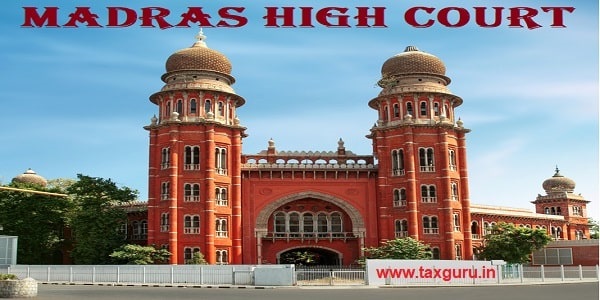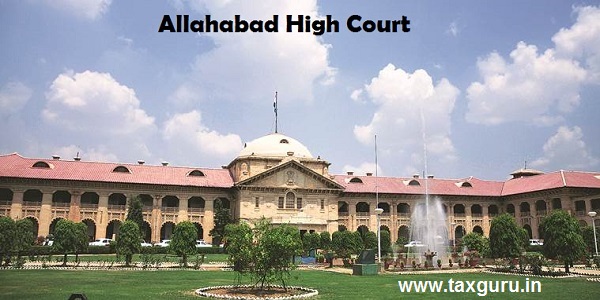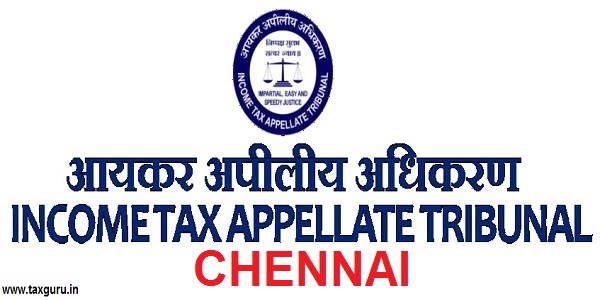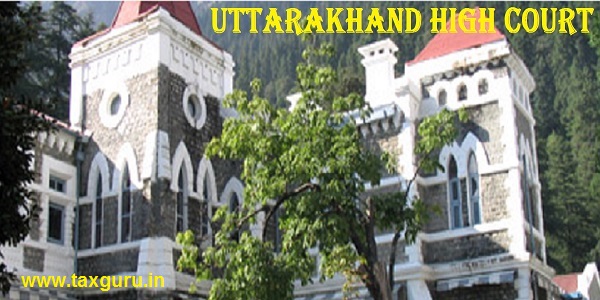
Entry tax is required to be paid in most of the states in India on entry of goods into the state for use, consumption or sale thereof. Supreme court has also held that levy of entry tax by the state is constitutionally valid on 11.11.2016 by its nine Judge bench in the case of Jindal Steel Ltd Vs State of Haryana.
This entry tax can be treated as import duty which is payable on import of goods in a country and in a similar manner entry tax is required to be paid by importer for brining the goods in a state.
This entry tax is administered by commercial tax (Sales Tax / VAT) department and no set off of entry tax is allowed against output VAT or CST in any of the state. Hence it’s an additional cost for CST purchaser and have a cascading effect (Since no set off is allowed against output VAT/CST).
The concept of online aggregator is in boom in India and these aggregator (e.g Amazon, flipkart etc) are working as a mediator between purchaser and seller. Hence in case we are purchasing any product online from flipkart, then VAT/ CST is not required to be paid by flipkart, but by the actual seller who is selling the product.
Entry tax has always been liability of importer. Hence if a customer of Gujrat orders any product online and if a vendor of Maharashtra supplies that product then principally it is the liability of customer sitting in Gujrat to pay entry tax of Gujrat. Since technically it is difficult to collect entry tax from ultimate consumer in Gujrat (because they do not have any VAT / entry tax registration) and also from the vendor situated in Maharshtra (Since Gujrat Govt has no jurisdiction over vendor of Maharashtra) so most of the states has amended the definition of Importer to include aggregators (like amazon, flipkart etc) who are facilitating such trade.
Gujrat Entry tax was amended w.e.f 01.04.2016 through which the aggregators were also included within the definition of importer for the purpose of paying entry tax.
Against such amendment online aggregators has preferred a writ petition before Gujrat High court challenging such amendment as due to this amendment online aggregators are required to pay entry tax.
On 01.12.2016, Gujrat High court upheld the validity of entry tax imposed by the states. However they have allowed the online aggregators to file an appeal before relevant state adjudicating authority [i.e JCIT (Appeal), Tribunal or Commissioner (Appeal)] for raising procedural matters arising from the imposition of entry tax.
Detail of the case law is as below:
The Gujarat High Court on Thursday (i.e on 01.12.2016) disposed of a set of petitions filed by e-commerce players Flipkart, Amazon, and Instakart challenging the entry tax imposed by the state government on the goods purchased through e-commerce portals.
A division bench of Chief Justice R Subhash Reddy and Justice VM Pancholi disposed of the petitions in view of a recent Supreme Court judgement, which upheld the validity of entry tax imposed by the states.
The high court, however, allowed the petitioners to approach the relevant adjudicating authorities for raising procedural matters arising from the imposition of entry tax.
The Supreme Court had last month upheld the constitutional validity of the state legislations with regard to the levy of entry tax on goods coming from other states, ruling that tax legislation by the state does not require the consent of the President under Article 304 of the Constitution.
Flipkart Internet Pvt Ltd, Amazon Seller Services Pvt Ltd, and Instakart Services Pvt Ltd had in April and May moved the high court with petitions challenging the imposition of entry tax by Gujarat government on goods purchased on e-commerce platforms.
The petitioners claimed that the state government’s amendment to the law to levy entry tax on goods purchased through e-commerce portals was discriminatory as no such tax is imposed on goods brought into Gujarat through other modes of sale.
They argued that they only provide online platform to manufacturers, traders and buyers and are themselves not involved in selling any product and hence the tax is unjustified.
However, the government had argued that it was done to provide a level-playing field to traders and retailers in the state.
The Gujarat Tax on Entry of Specified Goods into Local Areas (Amendment) Bill, was passed on March 31 this year. From April 1, any goods being purchased online is being subject to 5 to 15 per cent entry tax. While normal goods are being levied five per cent tax, specified goods are subject to up to 15 per cent tax.
The Bill amended the Act of 2001 to bring e-commerce transactions in its ambit, as it felt this was adversely-affecting local traders.
The new law amends the word “importer” to cover those who “bring or facilitate to bring any specified goods for consumption, use or sale in Gujarat from any part of the country using online platforms.”




























